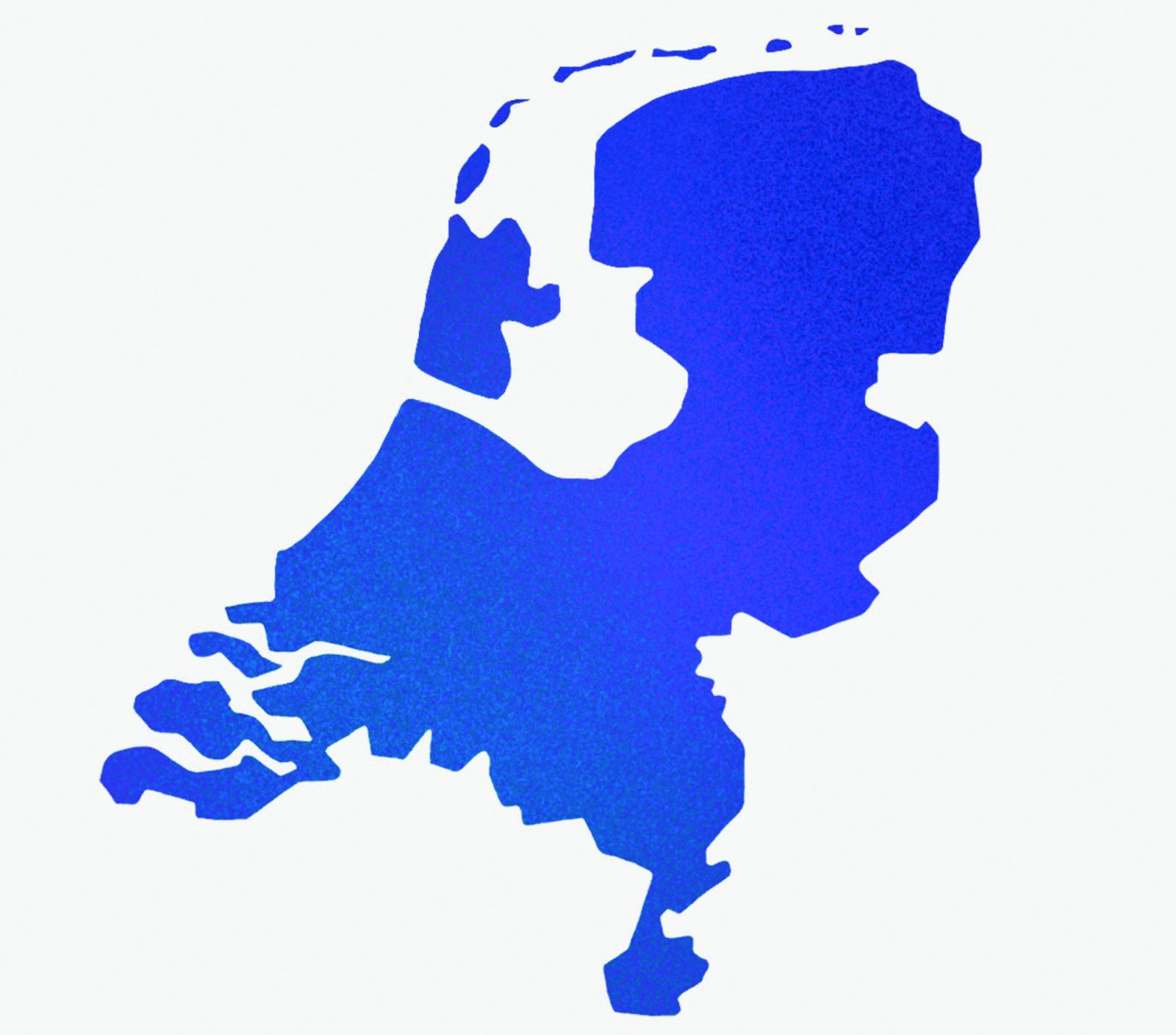The Netherlands and Quantum
The Netherlands has a front row seat in the development of quantum computing research and industry.
Pieter Vermaas
A Faraway Promise
The Dutch state is actively anticipating the emergence of quantum computing. It has taken a front row seat: it has a Quantum Innovation Hub Rijksoverheid that explores what quantum computing can mean for the country, and it is funding research on quantum technologies with 615 million euros through a programme called Quantum Delta NL. The Dutch government is including quantum computing in its technology governance policies, and should enable that Dutch science and industry to make optimal use of it. And the Dutch state may use quantum computing itself.
For the governance part it does make sense to take a front row seat, since that will give a head start to Dutch research and industry in the scientific and economic competition. It also gives the government enough time to update its digital communication and data encryption for ensuring digital security when in the future quantum computers may decipher existing encryption methods.
| Incidental | Continuous | |
|---|---|---|
| In-house |
|
|
| In the Cloud |
|
|
Potential applications of quantum computing for the Dutch State
Plans for the Future
For its own uses of quantum computing it may however be somewhat frustrating to have a front row seat. Lots of applications could be possible. Quantum computing might add benefits to modeling, and governmental agencies are engaged in this application. They model, for instance, the development of the climate and its impact on the Netherlands. And agencies could model the currents in the North sea, for finding shipping routes that are more sustainable. Dutch agencies are also monitoring and controlling such things as financial streams for detecting oddities that may indicate fraud and other illegal behavior. And eventually traffic control becomes a mega computational challenge when we will drive in autonomous vehicles. Numerous potentially useful applications, but full-blown quantum computers cannot be ordered yet from their manufacturer. What is coming is rather a phase in which only a few parties – say, institutes or big tech companies in the US, Europe, China – will have full-blown quantum computers, making computation time a rare and strategic commodity.
Maybe the Dutch state can then run an incidental climate model, but it may not expect to do daily weather forecasting or continuous analysis of financial streams. And even an incidental scan of financial streams will be problematic: the Dutch government is obliged by law to carefully store and process privacy sensitive data of its citizens, which sits uncomfortably with sending that data over internet to a quantum computer possessed by a third party. The opportunities of quantum computing only come in a second phase when full-blown quantum computers become systems that can be ordered against feasible prices. When the Dutch government can have its own quantum computer, only then many potential use cases may be in reach.
Who
We spoke with representatives from the Dutch government.
What
We asked the government represenatives to describe the opportunities and challenges they see for quantum computing.
Takeaways
There is a significant amount of investment and innovation around quantum computing in the Netherlands.
The Dutch government sees applications for quantum computers in modeling.
